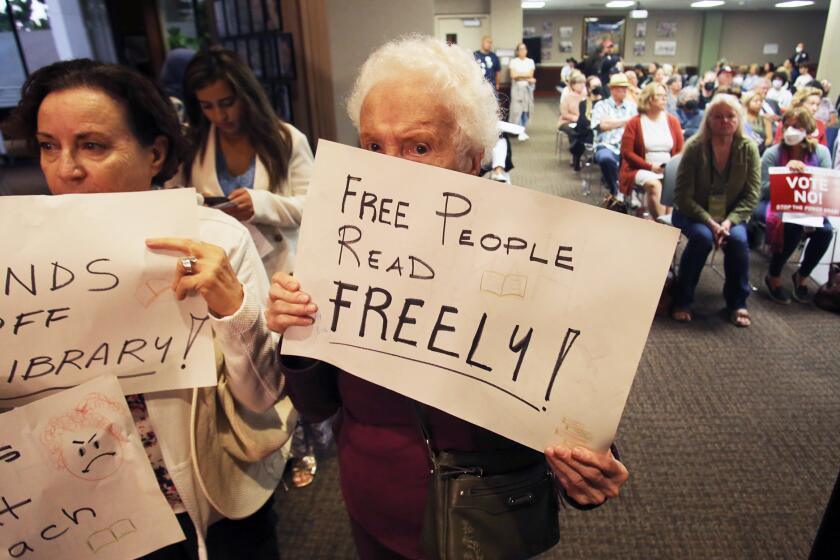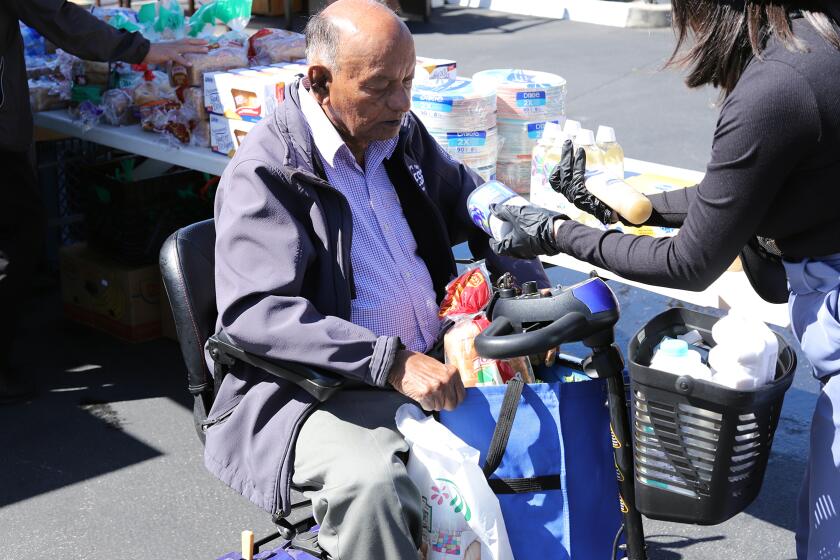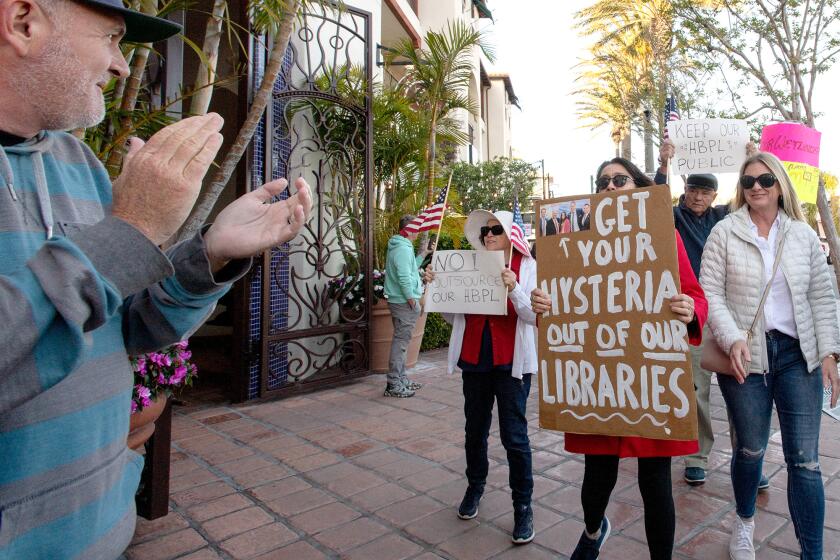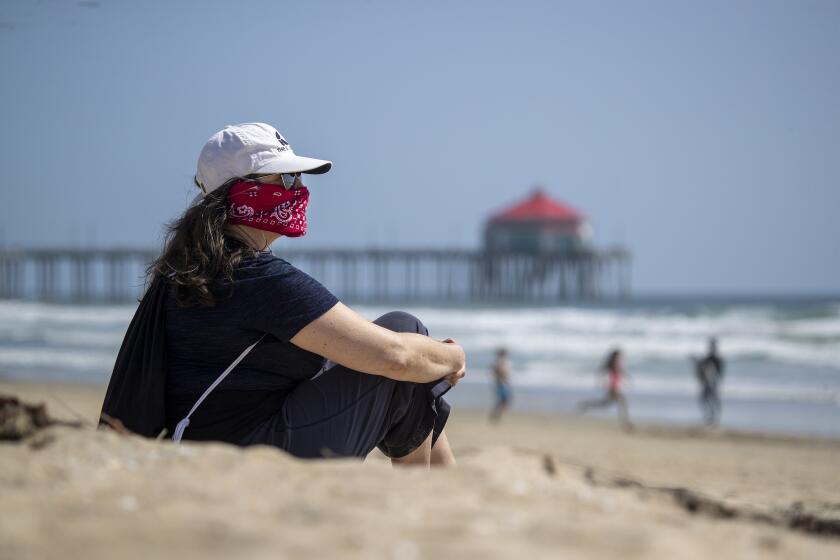In the Pipeline: Humble POW downplays his sacrifice
The Western Union telegram is dated June 12, 1951. It is addressed to a Lillian Roberts in Mankato, Minn.
It reads, “The secretary of the Army has asked me to express his deep regret that your son PFC Roberts, Lloyd L has been missing in action in Korea since 18 May ’51. Upon receipt of further information in this office you will be advised immediately. (Signed) Wm E Bergin Major Gen. US.”
So what a wonderful thing to be having breakfast today with former Pfc. Lloyd L. Roberts.
What brought me here was an email I received last week from Ralph Ricks, a member of the Old Bold Pilots, a group of former flying aces and amateur pilots that meets early each Tuesday at a local coffee shop. (I wrote about him recently in this column.)
“It was 60 years ago next week that Lloyd was released after 26 months captivity by the Communist Chinese. I would like next Tuesday’s breakfast to be special in his honor. After five months starvation, his diet was almost entirely sorghum (milo). I bought some at the feed store, and plan to cook up a batch to give out in small cups. … I haven’t told Lloyd about this, and don’t know whether to keep it a surprise. What do you think?”
It was a gesture designed to allow the rest of the group to appreciate how wanting the soldier’s diet had been for more than two years while in captivity.
And so last Tuesday, during the group’s meeting, Ricks took the microphone at one point to officially announce the anniversary. Then he passed out cups of sorghum, a dense grain that Roberts and hundreds of other soldiers subsisted on as prisoners during the Korean War. Roberts, a soft-spoken man of 84, examined the cup and said wryly, “Looks about right, only without the bugs in it.”
About 20 years ago, Roberts self-published a book about his life for friends and family. Now he is working on an e-book version of his story that will be coming out soon. He calls it simply, “One POW’s Story.” As we sat and ate together, he told me that he started writing in 1980, in the evenings when the house was quiet.
Private and modest, Roberts is not looking to regale readers with any huge feats of heroism. When you thank him for his service, he just shrugs and says, “I didn’t really do anything but sit on my butt for a couple of years.”
Right.
He was an infantryman in the U.S. Army, second division 23rd Regiment, and was captured in central Korea near the 30th parallel.
“The Chinese attacked and surrounded us that night,” he said softly. “We lost about 150 vehicles during the fight, and many of us just scattered off into the hills. But they caught me and a lot of other guys.”
Despite the well-documented brutal treatment employed by the North Koreans, Roberts said the treatment he and his fellow prisoners received was more subtle.
“The North Koreans beat their prisoners, but that’s not what happened to us,” he said. “When I got to the prison camp, 10 to 15 guys were dying each night simply from neglect. We were drinking this terrible water from the rice paddies, which caused all sorts of disease.
“The Chinese wouldn’t treat us; they would just let us die from neglect. They might make us get out there and hike 15 to 20 miles a night and then when guys got sick, they were just left to die. They just didn’t give a damn about us.”
Roberts said he was put off by the soaring bravado of some former prisoners once they returned home and shared their stories. But he says he understands how that was fueled.
“I noticed once I got home that there were the stories being told by some macho types that just didn’t ring true,” he said. “I remember reading about one guy that claimed he was hung upside down naked during the nights in subfreezing temperatures.
“Being from Minnesota, I knew you couldn’t survive that. But my hunch was that some guys were exaggerating and blowing things out of proportion to help relieve some of the guilt they felt by being captured in the first place.”
After returning from Korea in August 1953 (he weighed just 80 pounds upon release), Roberts met his wife-to-be and enrolled at the University of Minnesota to study physics. He graduated in 1962 with a bachelor’s of science degree and accepted a job in Huntington Beach at Douglas Aircraft as a systems engineer. He retired in 1990.
He started flying soon after that.
Roberts and his wife — who passed away several years ago — had four children, two boys and two girls. He still lives in the same house here in Huntington Beach that he has lived in since 1962. And my hunch is he doesn’t talk too much about his service or the sacrifice.
That’s all the more reason I can’t wait to read the new version of his book. As soon as it is released, I’ll let you know how you can purchase a copy. And I want to buy the first one.
If you’re ever in the vicinity of Five Points on a Tuesday morning, know that in a nearby coffee shop a group of men called the Old Bold Pilots is meeting, sharing laughs and memories. They are modest and understated about the lives they have led. They are also funny, noisy and vital, with incredible stories.
They will not say it, so I will say it for them: They are heroes, magnificent Americans who embody the finest parts of courage and honor. You will have a chance to learn about several more soon in this column.
Someday that room will be empty. But for now it welcomes men who can claim to have lived rich, full and bold lives.
And Huntington Beach is lucky to have them here.
CHRIS EPTING is the author of 19 books, including the new “Baseball in Orange County,” from Arcadia Publishing. You can chat with him on Twitter @chrisepting or follow his column at https://www.facebook.com/hbindependent.
All the latest on Orange County from Orange County.
Get our free TimesOC newsletter.
You may occasionally receive promotional content from the Daily Pilot.



